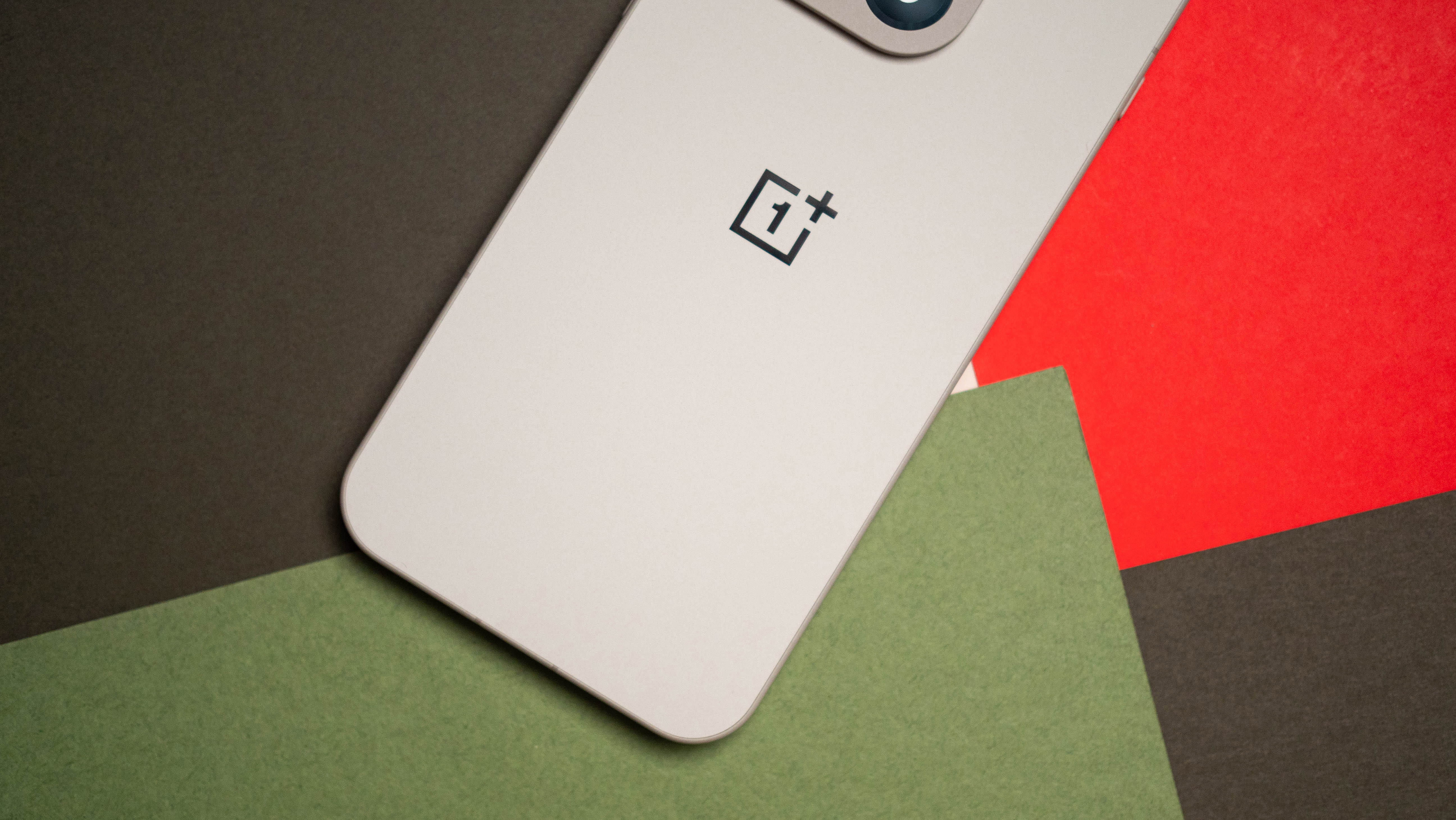I put the OnePlus Buds 4 up against Buds Pro 3, and they're more similar than you think
The OnePlus Buds 4 have sound quality chops, but lose sight of the intangibles.


AC Contributor, vinyl collector, and hobbyist drummer Brady Snyder dives into the world of headphones, earbuds, speakers, streaming, and everything in between in Android Audio.
The OnePlus Buds 4 are the company's latest stab at making a great pair of mid-tier wireless earbuds, and in typical OnePlus fashion, they're an excellent value. That is, on their own. While I was thoroughly impressed by what the Buds 4 were able to offer at their price point, I couldn't help but think about the OnePlus Buds Pro 3 during my review period.
The OnePlus Buds Pro 3 are my go-to recommendation for value-first wireless earbuds for Android, and they currently cost about $150. When the OnePlus Buds 4 are at full price, they retail for $130. That isn't a lot of breathing room for OnePlus' new mid-tier earbuds.
At launch (and at the time of writing), you can use code ONEPLUSBUDS4 to save $30 on the Buds 4 on the company's website, temporarily helping matters. With a price difference of about $50 between models, the OnePlus Buds 4 and Buds Pro 3 can coexist. But when this deal expires, OnePlus has a problem.
At full price, I'd recommend everyone but those on the tightest of budgets spend an extra $20 on the OnePlus Buds Pro 3, skipping the Buds 4. Here's why.
All the hardware differences between the OnePlus Buds 4 and the Buds Pro 3

Looking at the OnePlus Buds 4 and Buds Pro 3 on paper, there are a boatload of similarities. Both pairs of truly wireless earbuds use drivers with an 11mm woofer and 6mm tweeter. They also each have dual digital-to-analog converters (DACs), and support the same AAC, SBC, and LDHC codecs. It's possible the Buds 4 and Buds Pro 3 even use similar or the exact same drivers, but I can't know for sure.
A key difference between the Buds 4 and Buds Pro 3 is their frequency response, and this will be important later. The OnePlus Buds Pro 3 can reproduce sounds between 10Hz and 40KHz, whereas the Buds 4 are a bit more limited, with a frequency response of 15Hz and 40KHz. In other words, the "Pro" earbuds can physically recreate more sounds accurately than the regular model.
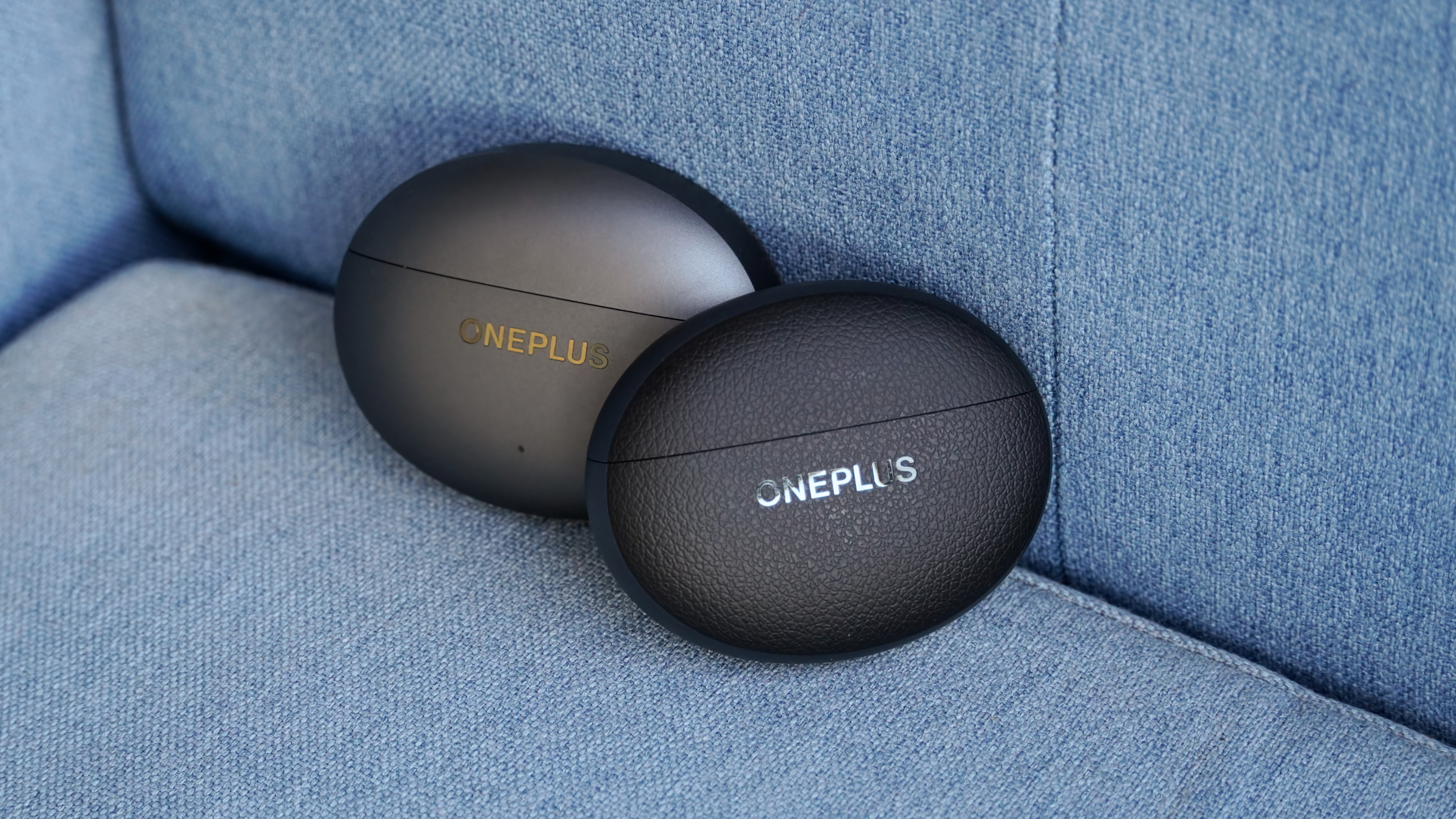
The OnePlus Buds Pro 3 have a more premium feel, with a faux leather case that I think makes them look better than any other pair of wireless earbuds on the market. Some might find OnePlus' faux leather looks to be tacky, and I can understand that. If you're deep in the ecosystem with a leather OnePlus 13, it can create a neat and cohesive experience.
Get the latest news from Android Central, your trusted companion in the world of Android
They support wireless charging, which is a big omission by the OnePlus Buds 4. Overall, the OnePlus Buds 4 still look more like their Nord budget counterparts than a "Pro" pair of earbuds. They have a thicker, rectangular stem that lacks squeeze controls. Additionally, both the case and earbuds have a matte finish.
How the OnePlus Buds 4 sound compared to the Buds Pro 3
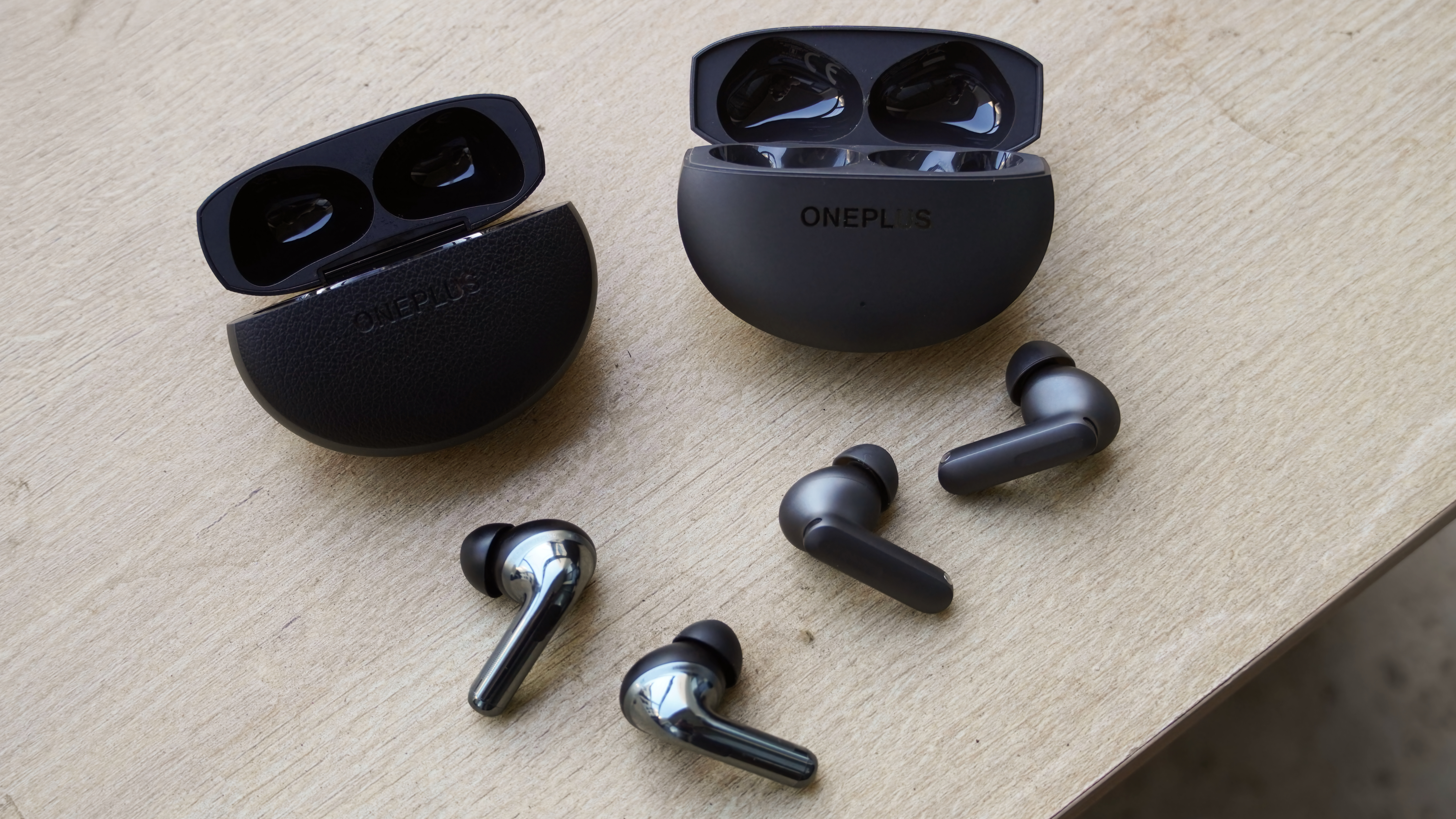
With similar audio drivers and noise-canceling hardware, it's no surprise that the OnePlus Buds 4 sound very close in quality to the OnePlus Buds Pro 3. Volume seems consistent against both pairs of earbuds, and they also have a strong bass representation. For some, this will be enough to make the OnePlus Buds 4 a viable alternative to the Buds Pro 3 — if you like loud, bass-heavy music, these will do the job.
Where the OnePlus Buds Pro 3 outshine the Buds 4 is in soundstage separation, clarity, and range. I mentioned the Buds Pro 3's expanded frequency response earlier, and I think you can really make it out this difference in casual listening. The low end is a bit fuller and doesn't encroach as much on the midrange space, whereas the OnePlus Buds 4 will give you similar sounds with less separation.
On top of that, the high end is way more pronounced, making it easy to enjoy the crisp sound of hitting a snare drum or cymbal separately from the rest of the instruments on the soundstage.
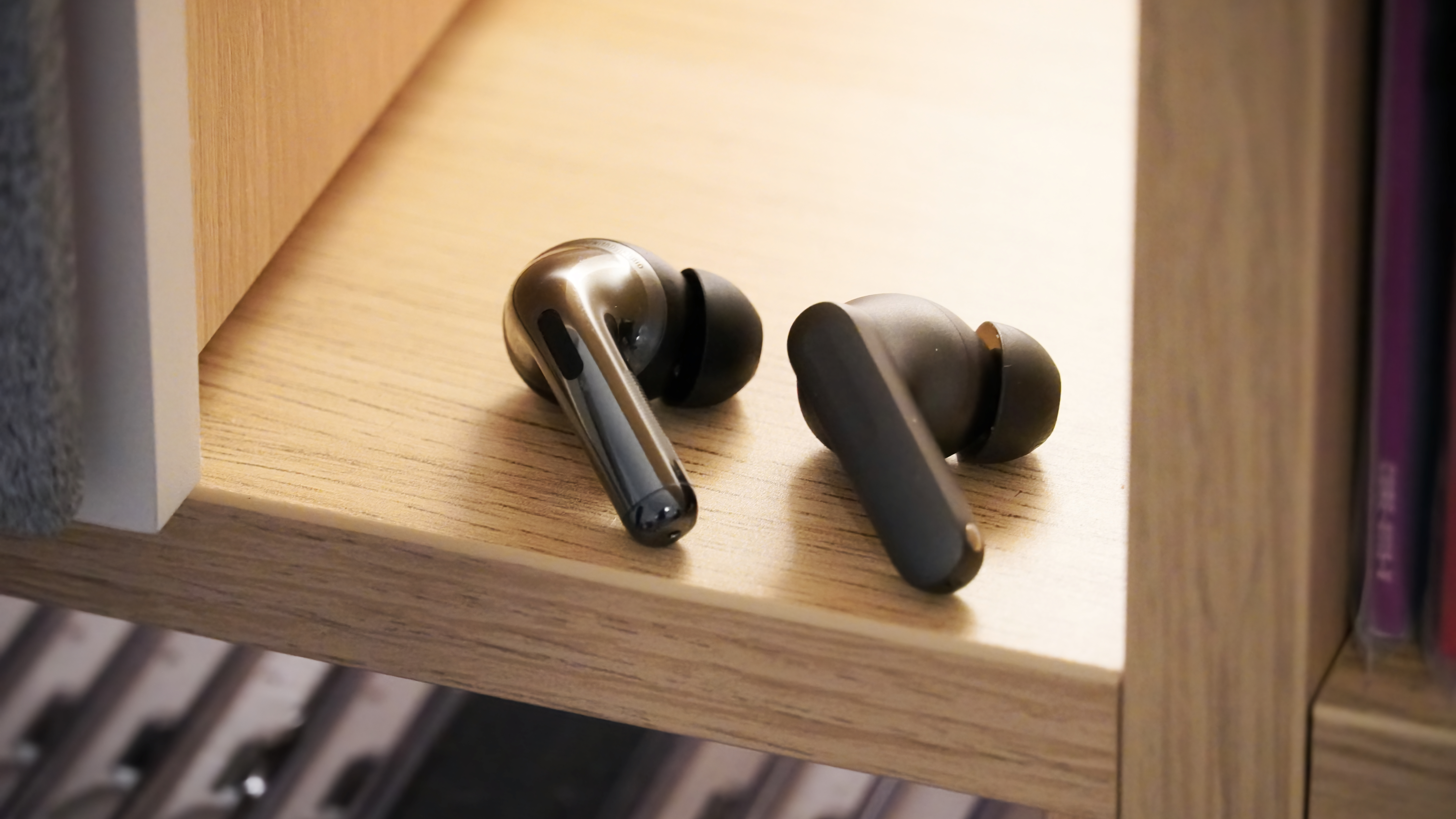
The result is OnePlus Buds Pro 3 sounding slightly more polished than the Buds 4. Both are an excellent listen, and frankly, I'm impressed that the OnePlus Buds 4 got as close as they did to the Buds Pro 3 at their price point. Still, I can't help but feel like the Buds 4 can have bass that's too overwhelming.
Luckily, active noise-canceling quality is solid across both the OnePlus Buds Pro 3 and Buds 4. With three microphones per side on the Buds 4 and a real-time ANC algorithm, they should successfully block out unwanted noise while listening to music.
Both pairs of earbuds will get around four to six hours of battery life on their own, depending on your volume and whether ANC is on or off.
The OnePlus Buds Pro 3 nail the intangibles, while the Buds 4 cut corners
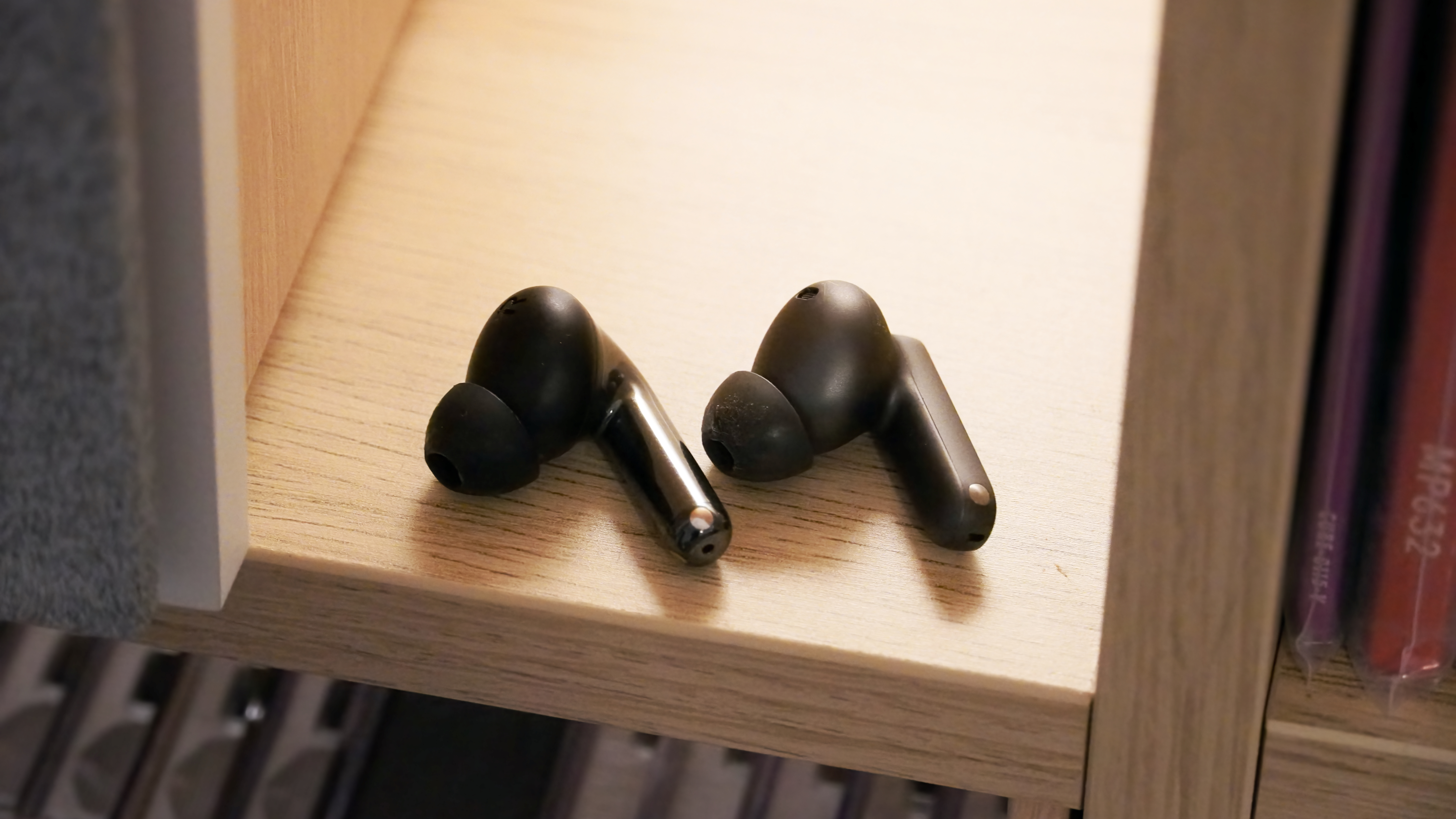
Although I prefer the sound of the OnePlus Buds Pro 3, the difference is probably negligible for most listeners. Where the higher-end pair pulls away from the cheaper version is in their design. The Buds Pro 3 are more compact and feature a cylindrical stem, and they're much more comfortable than the blocky stem on the Buds 4. I get a better fit and, thus, a more enjoyable experience listening to the Buds Pro 3.
The Buds Pro 3 also have better on-earbud controls than the Buds 4, at least by my standards. You squeeze the stems on the OnePlus Buds Pro 3 to adjust playback or ANC modes, and swipe up or down on the front of them to raise or lower the volume.
These are more reliable and intuitive than the swipe and tap controls on the flat portion of the OnePlus Buds 4 stem. Rather than incorporate a squeeze function, the Buds 4 only use capacitive buttons with no tactile feedback.
Sometimes they're too sensitive, changing something while you're actually trying to adjust the fit of your earbuds. Other times, you have to push the side of the earbud stem hard to change the ANC mode, shoving the earbud uncomfortably in your ear.
The OnePlus Buds Pro 3 are still the better value

OnePlus upgraded the sound quality, ANC, and charging case for the Buds 4, but it may have pushed the earbuds too close to its standout Buds Pro 3. I can't imagine why you'd want to buy the Buds 4 over the Buds Pro 3 unless you can get a great deal. At their full price, I'd gladly pay an extra $20 for the Buds Pro 3, which have settled into a typical $150 price point about a year after their release.
You get a crisper and more diversified sound, a wider soundstage, better controls, and wireless charging just by going with the OnePlus Buds Pro 3. This part is a bit subjective, but I think you get a more stylish and comfortable design, too.
Originally, it was unclear where the new OnePlus Buds 4 landed in quality compared to the Buds 3 and Buds Pro 3. It looked like the Buds 4 might have the chops to beat or match the Buds Pro 3 on paper. But after spending a few weeks with both pairs of earbuds, it's clear that the Buds Pro 3 still have a clear edge. Unless you can snag the Buds 4 for $100 or less, the OnePlus Buds Pro 3 are still the best value in wireless Android earbuds.

Still the best
The Buds Pro 3 are still the best OnePlus earbuds you can buy, even if the similar Buds 4 made things a bit confusing. Polished sound, premium build, wireless charging, and better controls help separate the Pro and standard earbuds.

A cheaper option
The OnePlus Buds 4 have similar, if not identical, drivers as the Buds Pro 3 — so they're outstanding for their price point. It's easy to recommend a jump to the Buds Pro 3 considering the small price difference, but those on a tight budget will thoroughly enjoy the Buds 4.

Brady is a tech journalist for Android Central, with a focus on news, phones, tablets, audio, wearables, and software. He has spent the last three years reporting and commenting on all things related to consumer technology for various publications. Brady graduated from St. John's University with a bachelor's degree in journalism. His work has been published in XDA, Android Police, Tech Advisor, iMore, Screen Rant, and Android Headlines. When he isn't experimenting with the latest tech, you can find Brady running or watching Big East basketball.
You must confirm your public display name before commenting
Please logout and then login again, you will then be prompted to enter your display name.
